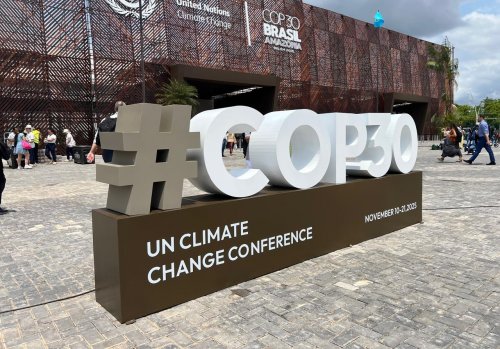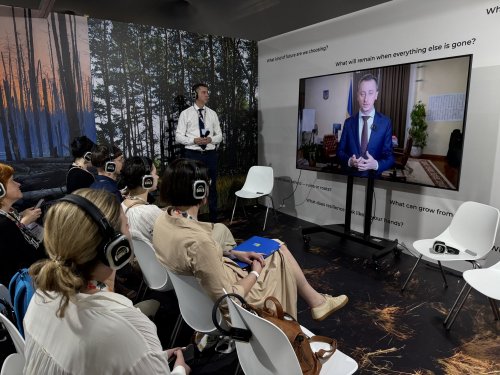The new global climate finance goal will be the central theme of the COP29 climate summit, which will be held from November 11 to 22 in the capital of Azerbaijan, Baku.
This was reported by Euronews.
The UN conference on climate change COP29 has already been dubbed the "financial COP", because the countries plan to pay the main attention to the issue of allocation and use of funds for climate needs.
In his first official letter to the parties, newly appointed COP29 President Mukhtar Babayev emphasized that the two main tasks of the summit will be to strengthen ambition and stimulate action.
For the first time in 15 years, countries will need to agree on a new global financial target, known as a "new collective quantitative climate finance target" (NCQG). In addition to the overall figure, there will be much contention at the summit regarding NCQG conditions, including:
- who will be donors and recipients;
- how much money will come from public and private sources;
- whether it will be in the form of grants or loans.
In particular, the meeting will discuss how to replace the current commitment of rich countries, established in 2009, to provide $100 billion annually to fight climate change.
This amount has already turned out to be insufficient, so now the delegates from the states will try to find new ways to attract more funds. This is especially relevant for countries that suffer the most from climate change. They need $500 billion to more than $1 trillion a year to transition to clean technologies and prepare for the challenges posed by climate change.
After a series of victories at COP28 in Dubai last year – including the official launch of a new fund for victims of climate change – developing countries are anxious to ensure that previous commitments are met and improved upon.
The main focus at COP29 will be for rich countries not only to increase funding, but also to provide it in the form of grants or cheap loans. This should help developing countries implement their climate plans and increase resilience to climate disasters.
Another important task is the creation of a transparent system for tracking allocated funds and directions of their use. It will help build trust between countries and ensure the effective implementation of projects to reduce emissions and adapt to climate change.
Among the important topics of this year's climate summit is strengthening the obligations of the G20 countries, which account for 75% of global emissions. They are being urged to review and strengthen their climate plans for 2030 and 2035 to achieve emissions reductions.
Earlier this week, EU ministers approved their conclusions on climate finance, pledging to continue the collective mobilization of $100 billion a year until 2025, and to set "ambitious" NCQGs for the period ahead.
At the beginning of June, EcoPolitic reported that in Bonn, Germany a conference on climate change was held, which is an important stage in the preparation for the 29th UN Conference on Climate Change – The 29th Conference of the Parties (COP29), which will take place in November this year in the capital of Azerbaijan, Baku.




